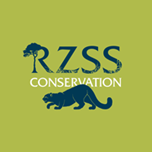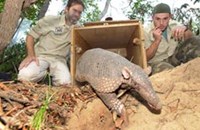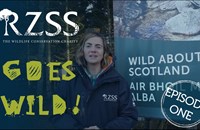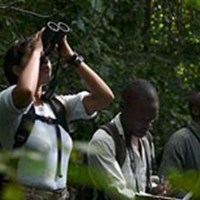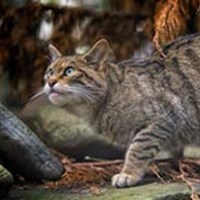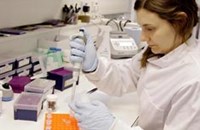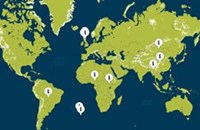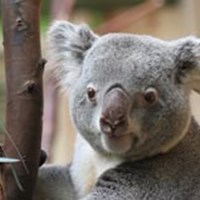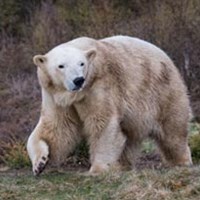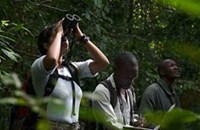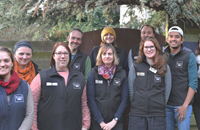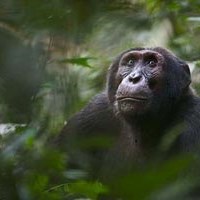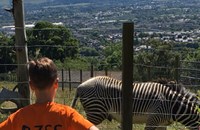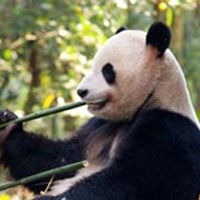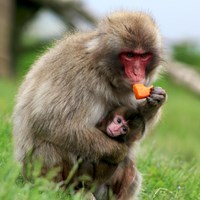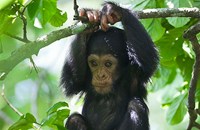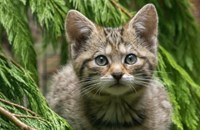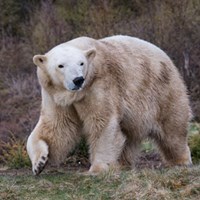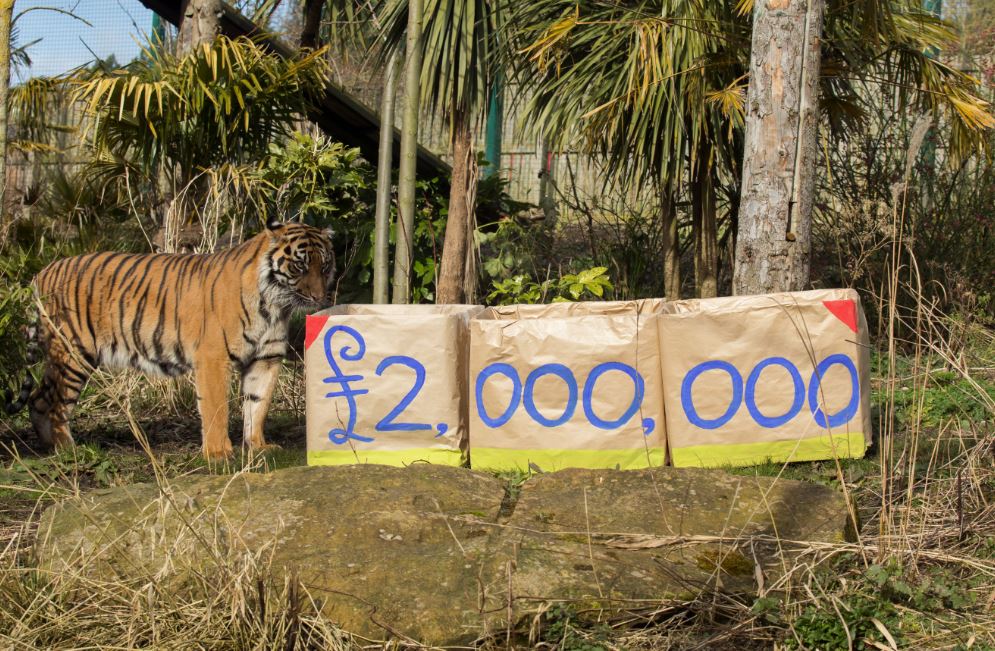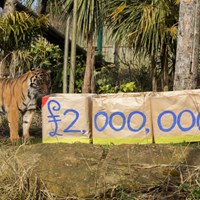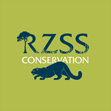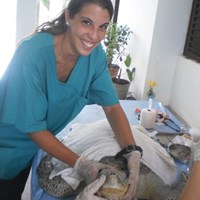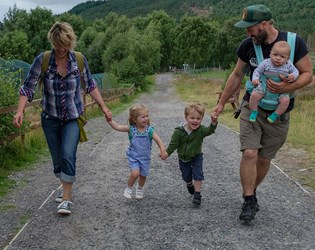Dr Stephanie Mota
Veterinary Surgeon, RZSS
DVM MScWAH (Wild Animal Health) MRCVS
Stephanie developed an early interest in zoo and wildlife medicine and during her undergraduate degree direct her externships towards several zoos and wildlife rehabilitation centres in Portugal, Spain, England and Brazil. Stephanie started her professional career with a small animal rotating internship at the veterinary teaching hospital in Vila Real, Portugal.
In 2016, Stephanie went to South Africa to work as a volunteer veterinary surgeon at the Baboon Rehabilitation Centre. This was followed by a second internship in exotics and wild animals at the wildlife teaching hospital in Vila Real, Portugal. In 2018, Stephanie started the Masters of Wild Animal Health in the UK at the Zoological Society of London, London Zoo and the RVC. After the Masters, Stephanie was delighted to be offered a European College of Zoological Medicine Residency in Zoo Health Management in the UK at Edinburgh Zoo.
- Integrated Master of Veterinary Medicine, University of Tras-os-Montes and Alto Douro, Vila Real, Portugal – 2014
- Post-graduate course, Clinical and surgery of exotic animals, Lusofona University, Lisbon, Portugal – 2017
- Master of Science in Wild Animal Health (with merit) Royal Veterinary College, London – 2019
Professional and Research Interests
Stephanie has broad professional and research interests in zoological medicine. Her integrated Master’s degree thesis investigated the acute phase proteins in blonde capuchin monkeys in Brazil and her Wild Animal Health Master’s degree thesis studied symmetric dimethylarginine (SDMA) as a kidney biomarker in captive tigers. Stephanie is currently investigating a novel test for aspergillosis, a common fungal disease, in penguins.
For a list of Stephanie's publications please visit her Researchgate page.
Support
THE ROYAL ZOOLOGICAL SOCIETY OF SCOTLAND
Sign into our Members Portal hereLatest News
-
Blog

19/04/2024
An update from the Budongo Forest
The Budongo Conservation Field Station (BCFS) in Uganda is one of our wildlife conservation charity’s longest partnerships.
-
Blog

29/03/2024
Bug’s the word
For many people the sight, or perhaps even just the thought, of bugs can be enough to make you feel a little uneasy. Invertebrates are an important part of our ecosystems but helping everyone feel the love for them can be a bit tricky.
